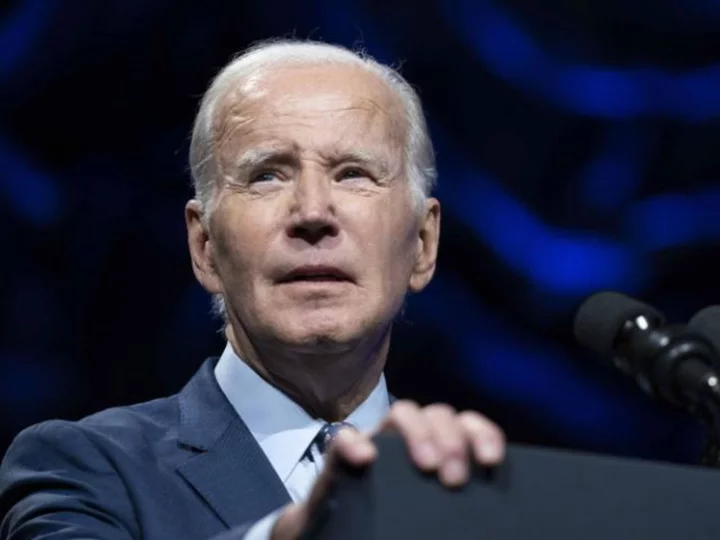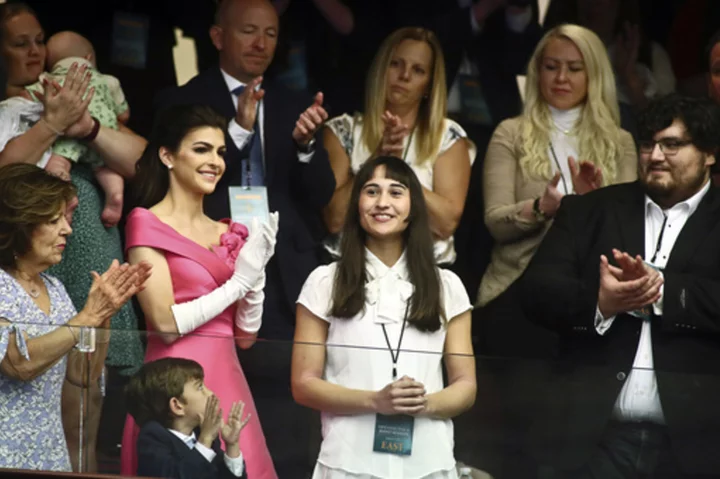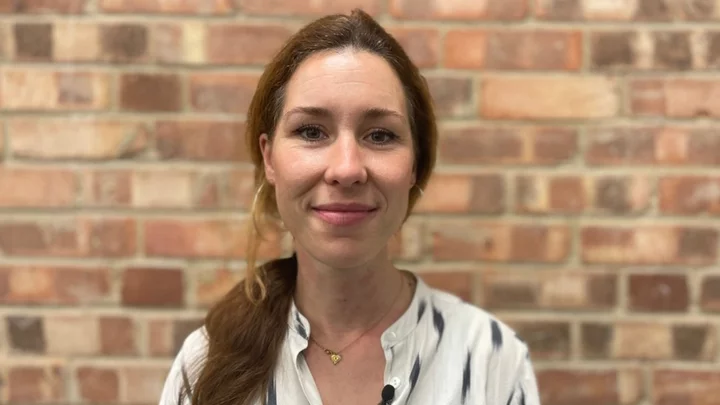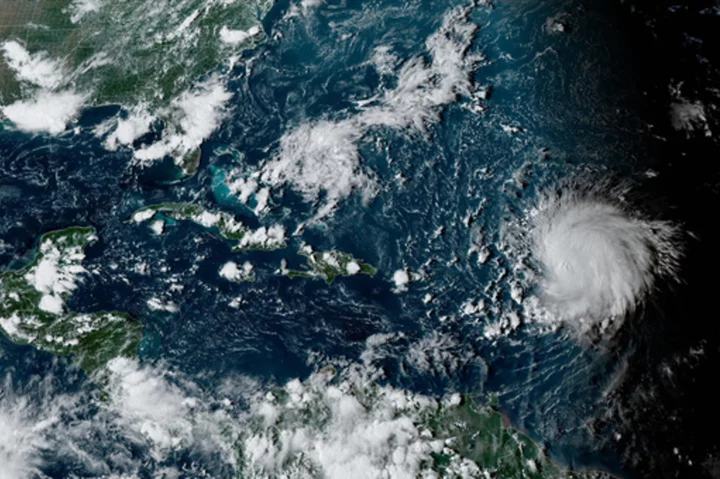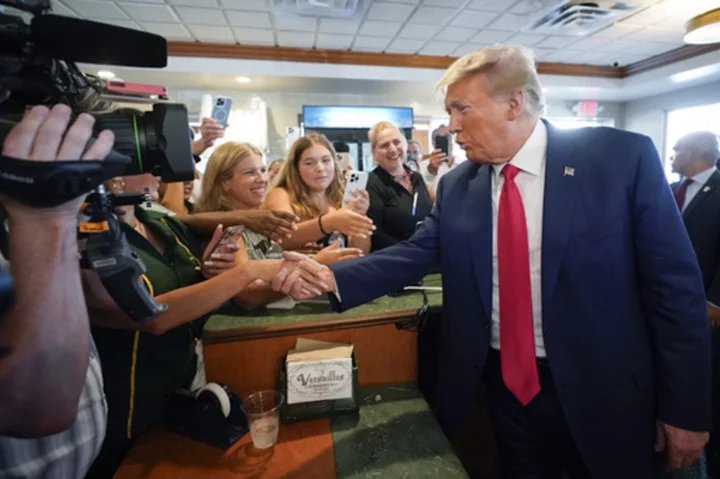It's hard to miss the headlines about a third-party or independent candidate possibly derailing President Joe Biden's bid for a second term:
"Democrats' third-party worries grow"
"Democratic jitters grow over Cornel West's third-party bid"
"Democrats Fear Third-Party Run As Joe Manchin Heads To New Hampshire"
And on and on.
This would normally be the part of the story where I'd tell you that a third-party candidate has little chance of winning next year -- and I am telling you that. It's also true, however, that 2024 is shaping up to be the kind of election Biden could lose primarily because of a third-party candidacy.
Let's start off with the basic fact that the very early 2024 general election polling is tight. Depending on how you average the polling, Biden is either up or down a point or two against former President Donald Trump (the most likely GOP nominee at this point).
This is important because if the polls were pointing to a blowout, it would take a very popular third-party candidate to change the outcome of the general election.
Instead, all it may take to affect that outcome is for a sliver of the electorate to back a third-party candidate instead of either Biden or Trump in a hypothetical matchup.
In fact, the only election I can point to in the past 50 years in which a third-party nominee probably cost one candidate the election was 2000, when Democrat Al Gore lost Florida -- and the presidential election -- by 537 votes. The polls showed that more of Green Party nominee Ralph Nader's voters would have cast ballots for Gore and not Republican George W. Bush had Nader not been an option.
This year it's pretty clear that such a portion of third-party voters probably already exists for a simple reason: Biden and Trump are historically unpopular. As I wrote a few weeks ago, about 20% of voters have an unfavorable view of both Biden and Trump.
The headlines and the fears Democrats have about a third-party candidate are, at least partially, a tacit acknowledgement that Biden is unpopular. Worries about a third-party bid at a similar early point in the 2020 cycle did not exist at anywhere near the same level as they do today.
This speaks to one of the fundamental differences between this cycle and 2020: Biden is far more unpopular now than then. Unless something changes dramatically, the president will have to win over a substantial portion of voters who don't like him in order to be reelected. In 2020, he merely needed the votes of people who already liked him.
Of course, the same holds true for Trump. The former president has mostly never had a higher favorable than unfavorable rating. He emerged victorious in 2016 because a plurality of the nearly 20% of voters who had an unfavorable view of both him and Democrat Hillary Clinton decided to go with Trump.
So why aren't we hearing Republicans worry about a third-party candidate? Part of that has to do with the fact that few people normally associated with the right or with the Republican Party are making waves about running as an independent or third-party candidate.
The other big reason is that it seems voters who don't have a favorable view of either Biden or Trump are more likely to go with Biden. In an average of the past three Quinnipiac University polls, Biden leads Trump by 7 points among those who don't have a favorable view of either man. This is a reversal from 2016 when voters in the same camp supported Trump.
The national polls I've seen over the past few months that have included a third-party or independent candidate have shown Biden losing ground to Trump relative to when only the two of them are matched up.
It's not a substantial difference (1 to 3 points), as detailed by FiveThirtyEight's Geoffrey Skelley. But all it may take is a shift of 1 to 3 points to change the electoral outcome if the race remains so close.
Of course, all this talk about third-party candidates may be just that ... talk. We're still well over a year from the election. Independent and third-party candidates almost always fade the closer we get to Election Day -- see 2016, when Libertarian nominee Gary Johnson got about 3% nationally when early polling had shown him closer to 10%.
Biden and the Democrats better hope that a similar trend occurs, if he remains this unpopular.

